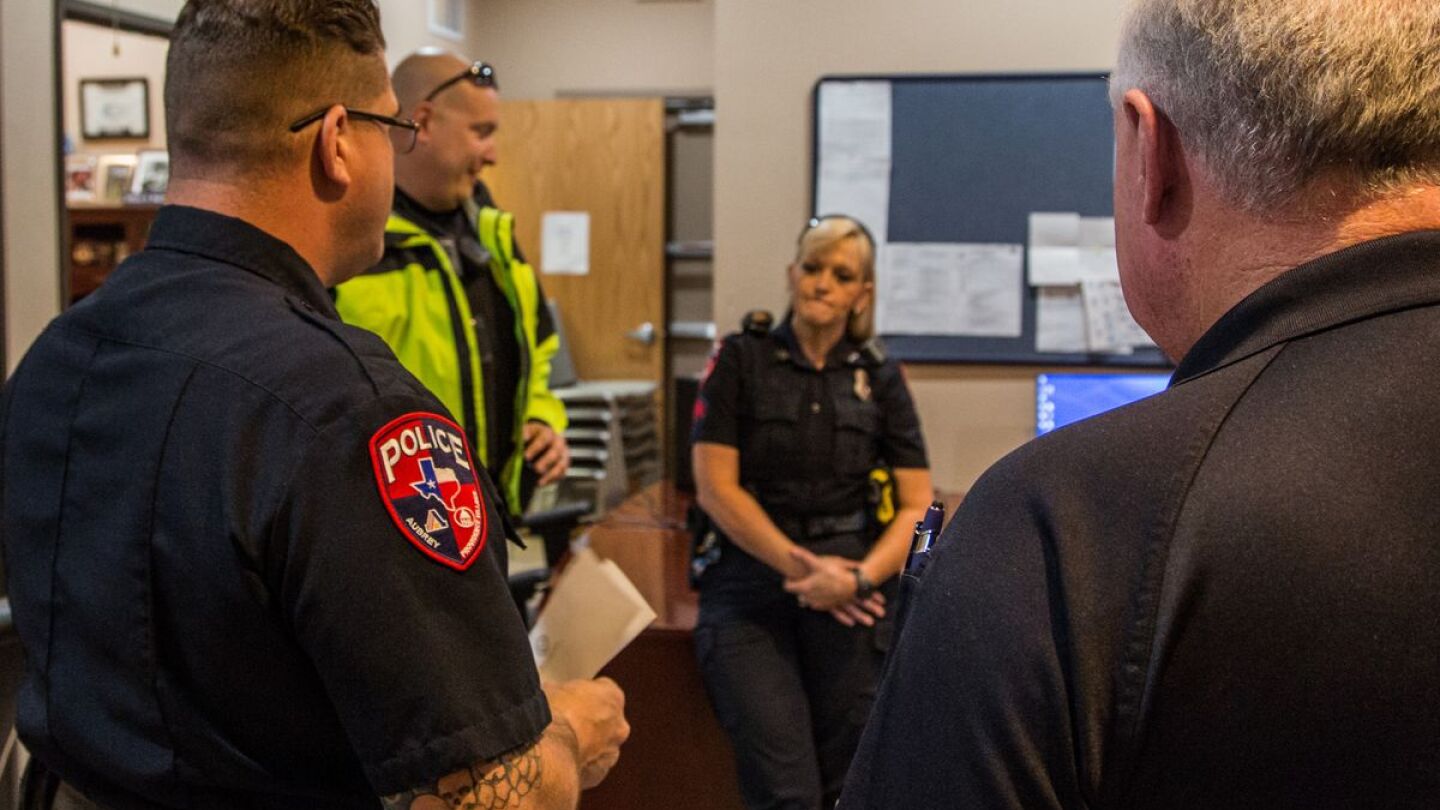Nicholas Greco IV, MS, BCETS, CATSM, FAAETS, is president and founder of C3 Education and Research, Inc. Nick has over 25 years of experience training civilians and law enforcement. He has directed, managed and presented on over 550 training programs globally across various topics including depression, bipolar disorder, schizophrenia, verbal de-escalation techniques, post-traumatic stress disorder, burnout and vicarious traumatization. Nick has authored over 325 book reviews and has authored or co-authored over 35 articles in psychiatry and psychology.
He is a subject matter expert for Police1/Lexipol and Calibre Press, as well as a CIT instructor for the Chicago Police Department, CIT Coordinator and Lead CIT Trainer for the Lake County Sheriff’s CIT Program as well as other agencies. Nick is a member of the International Law Enforcement Educators and Trainers Association (ILEETA), IACP, IPSA, LETOA and CIT International, Committee Chair for the IPSA Mental Health Committee, and a member of the Wellness support team for Survivors of Blue Suicide (SBS).










